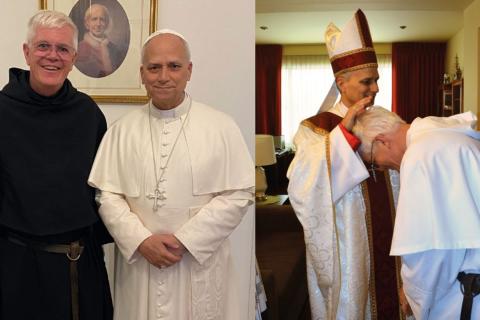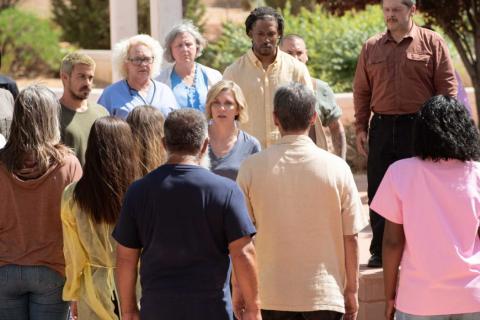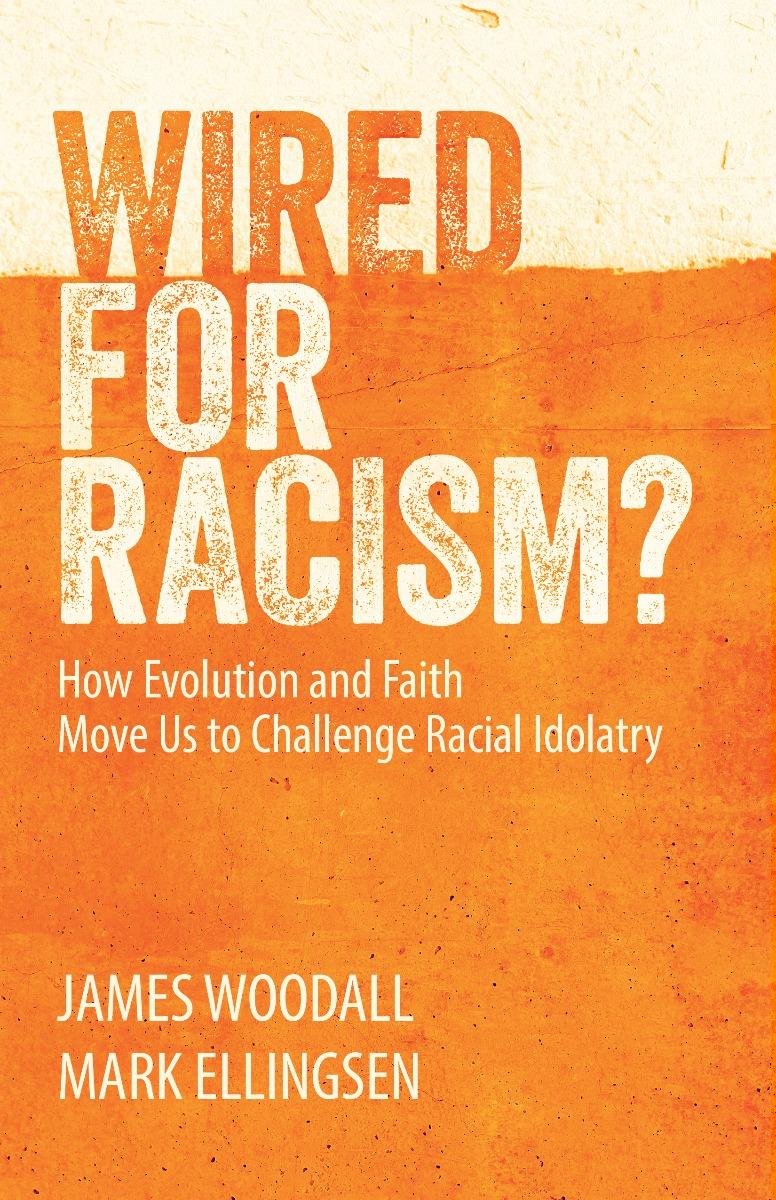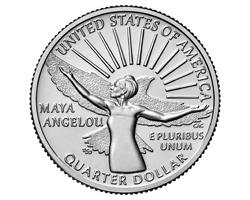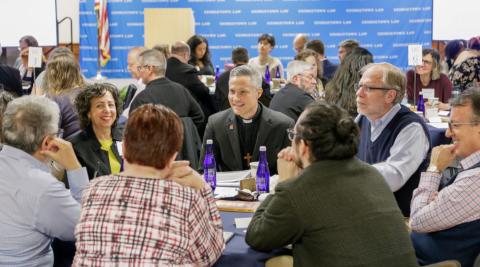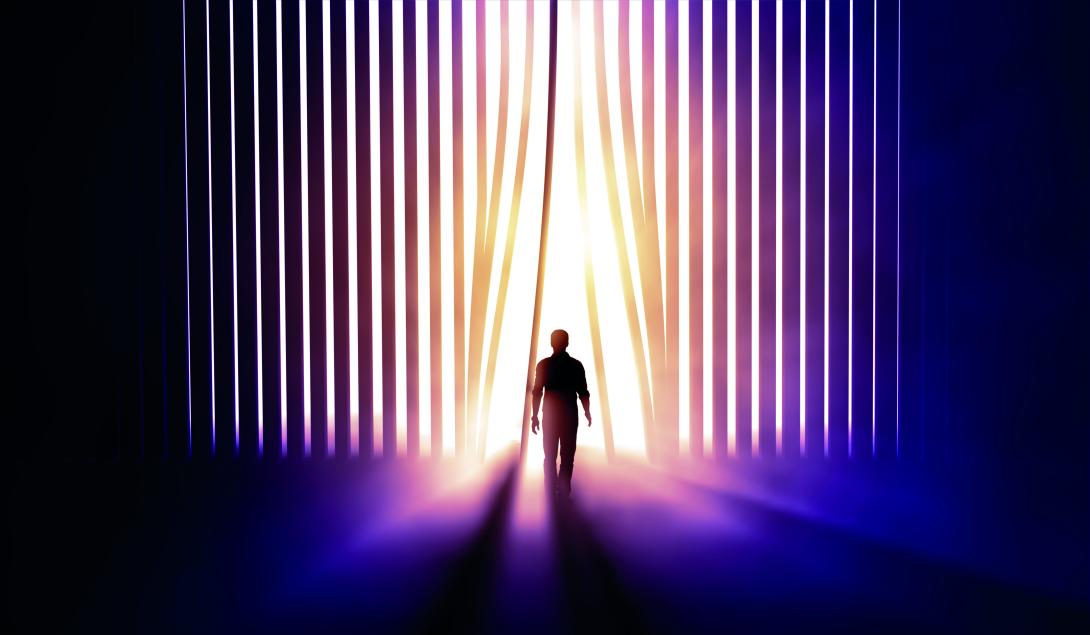
Photo by Photobank | stock.adobe.com
Six months ago I decided I needed to get out of my bubble. I needed to experience something different. I needed to challenge myself and my self-created comfort zone.
I have been learning and practicing non-violent communication (NVC) for 6 years or so. There is an active NVC community that teaches in prisons, and I signed up to teach as part of the Oregon Prison Project. A group of around 10 of us meet at Oregon State Penitentiary (Oregon’s only maximum-security prison) to teach in four different classrooms of about 10-20 inmates each.
Here are eight things that are not like in the movies:
1. Inmates treat volunteers better than anyone else. Volunteers are practically untouchable. And the inmates are grateful and respectful that you are even there to begin with. What they overwhelmingly experience is that society has forgotten they exist. Many believe that is what they deserve. They often don’t understand why someone would volunteer to come to a place like a prison to help someone like them. But they are grateful we are there.
2. It did not matter that I have zero “street cred.” You do not have to prove yourself or “earn respect.” I am as white as they come, and I spend my days working on the computer, reading self-help books, blogging, going to Pilates and quilting. I have experienced nothing like the lives most of these men have led. But I am there to help, and I have something to teach, and they want to learn.
3. Nobody claimed they were innocent. Overwhelmingly the men I worked with felt regret at how they had hurt their victims, the community, and that they had let their families down by making poor choices, doing drugs, and getting into the situations that led to their crime.
4. There is an elaborate system of rewards and punishments to control inmate behavior. At the top is “A” block, where inmates have keys to their own cells and can come and go as they please unless there is a lockdown. At the bottom is “the hole”—solitary. Inmates get sent to solitary as a punishment for breaking the rules or being caught with contraband—not necessarily having anything to do with violence.
5. Most of the men work full-time. In prison you don’t have a lot of options. Many work at the laundry, which does laundry for the prison and nearby hospitals and institutions. Others work doing telemarketing… They get paid pennies a day, because their “room and board” comes out of their pay.
6. There was a lot more laughter, friendship, and camaraderie than I expected. A lot of the men in our class were there because their friends told them they had to take it. They look out for each other. They laugh and joke. They live there 24/7, they can’t be all like “we’re in prison” all the time.
7. The biggest pain they feel is that their families and society have forgotten about them. I hear over and over, “My family wrote me off when I went to prison,” “None of my letters are returned,” “My son hasn’t spoken to me in 30 years.” Ostracism is the worst thing humans can endure, and prison often means permanent loss of family and friends.
8. Rehabilitation does not consist of helping people realize they did something bad. They usually already know that. It consists of helping them learn better ways of coping with their life, better decision-making, impulse control, anger management, interpersonal skills—basically, missing or underdeveloped life skills. People do not end up in prison because they are “bad”… They need education and good modeling, not punishment.
Having seen more of what prisons are than most people like me (white, middle-class, professional, educated) ever do, I feel a responsibility to share. It’s not so much that it’s so different than what you’d expect. It’s that we have an “out of sight, out of mind” approach to prisons and the people inside them.
I understand why: we’re afraid. They’ve hurt people. But how we handle this as a society creates a lot more hurt… We shame them and judge them and punish them. We take them away from their kids, their families and anything that would help them keep their dignity or humanity.
And we hardly talk about it. There is a stigma on the subject itself. We think of them as not like us. “Criminals.” But they are just people like us…
Let’s stop being “tough on crime” and be smart instead.




